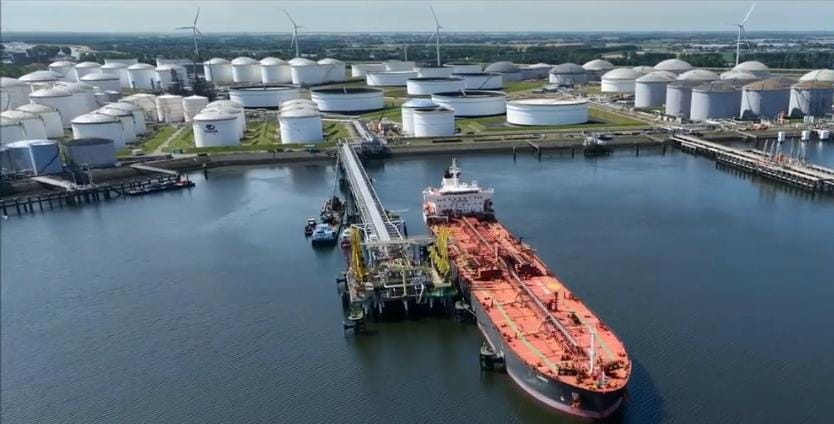NEW DELHI: In a landmark move aimed at strengthening India’s maritime autonomy and bolstering the domestic shipbuilding sector, government plans an ₹85,000 crore (approximately $10 billion) order to build over 100 crude oil tankers within the country. Touted as a key initiative under the ‘Make in India’ program, the mega order is not just a boost for national infrastructure but also a potential game-changer for select industrial conglomerates
The bulk of the order is expected to be distributed among major Indian shipyards including the public sector giants—Cochin Shipyard Ltd (CSL) and Mazagon Dock Shipbuilders Ltd (MDL)—along with the private Swan Defence & Heavy Industries Ltd. While CSL and MDL have a track record of delivering on complex naval and commercial vessel projects, Swan Defence—formerly Reliance Naval and Engineering—signals a private-sector re-entry, with historical ties to Anil Ambani.
This strategic blend of public and private yard participation underscores a wider government effort to distribute industrial capacity while advancing maritime self-reliance.
The tankers will not be directly owned by shipyards or oil companies but by newly formed Special Purpose Vehicles (SPVs). These SPVs are structured to include equity participation from state-run entities like Shipping Corporation of India (SCI), public sector oil companies, and financial institutions. However, up to 70% of the project’s capital is expected to be raised through debt, likely inviting private financiers and opening the door for indirect private control over key maritime assets.
Although the orders are officially state-led, the underlying architecture suggests significant downstream benefits for two of India’s most powerful business groups—Reliance Industries and the Adani Group.
Reliance, led by Mukesh Ambani, is poised to benefit through multiple avenues. Swan Defence’s involvement signals possible shipbuilding contracts routed via its legacy ties. More critically, Reliance’s massive refining operations at Jamnagar—India’s largest—are likely to charter many of these new tankers, giving it de facto operational control over a significant portion of India’s crude transport capacity.
Meanwhile, Gautam Adani’s infrastructure empire, though not involved in the shipbuilding itself, stands to gain from port and logistics operations. Adani Ports, which operates a large share of India’s port capacity including the strategic Mundra Port, is expected to handle substantial crude volumes offloaded by these tankers, alongside related logistics contracts
The timing of the order is significant. With tightening global scrutiny on shadow fleets—particularly those involved in Russian crude shipments—India’s push to build and operate its own tankers signals a strategic pivot. By reducing dependence on foreign-flagged vessels vulnerable to sanctions, India aims to ensure supply chain resilience and sovereign control over energy logistics.
However, critics argue that while the assets may be built under state auspices, real control may increasingly vest in private hands. Observers have flagged growing concerns over ‘crony capitalism’, with public infrastructure seemingly enabling private Monopoly.
Although billed as a visionary national initiative, the structural dynamics of the ₹85,000 crore tanker deal reveal a more layered reality. On paper, it boosts indigenous manufacturing, jobs, and maritime capacity. In practice, however, a significant share of the long-term benefits—including control over operations, financing structures, and logistical ecosystems—may accrue to industrial giants like Reliance and Adani.
As India navigates its infrastructure ambitions, the line between state initiative and private consolidation continues to blur—a pattern that invites both admiration and scrutiny.
Writer is Senior Journalist and Political Commentator)



